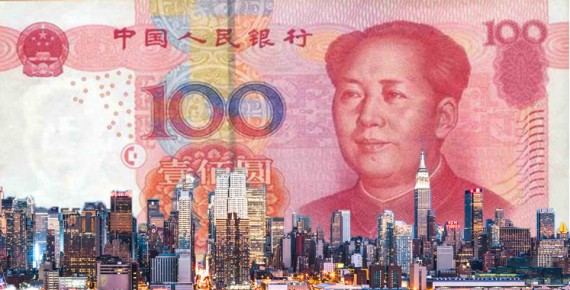The Chinese government is ramping up its efforts to stop locals from buying real estate abroad, but some are questioning if the new laws will do anything to slow capital outflows.
As of Jan. 1, citizens are required to pledge to banks they will not use funds to buy property overseas. In November, the government put a ban on state-owned enterprises buying property worth more than $1 billion. The $50,000 that each individual is permitted to convert every year can now only be used for travel or medical services.
However, most overseas investments are usually under $1 billion or above $50,000, making the new laws inadequate, Bloomberg columnist Nisha Gopalan wrote in an opinion piece on Thursday. There are also several methods Chinese use to evade the regulations, according to Gopalan. A strategy called “smurfing,” where large amounts of money is broken down into smaller parts to avoid scrutiny is popular. Offshore trading companies can easily send money out of the country, under the guise of export and import invoicing.
China’s economy is slowing and its debt levels are rapidly rising. There is a significant amount of money tied up in the real estate market, which many fear fear is a bubble about to pop. Rich Chinese aim to have around a third of their wealth kept outside the country, according to Gopalan.
The Chinese are some of the biggest investors of real estate in New York City, because it’s Seen As A Safe Place to park money. Chinese firms are increasingly taking on ground-up developments in the City.
Recently, some Chinese institutional investors have shifted their focus from the volatile luxury sector to the more stable middle market in the U.S.
[Bloomberg] — Miriam Hall
